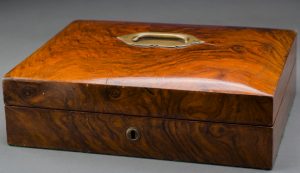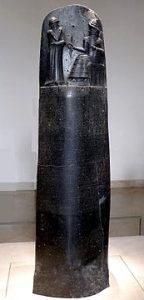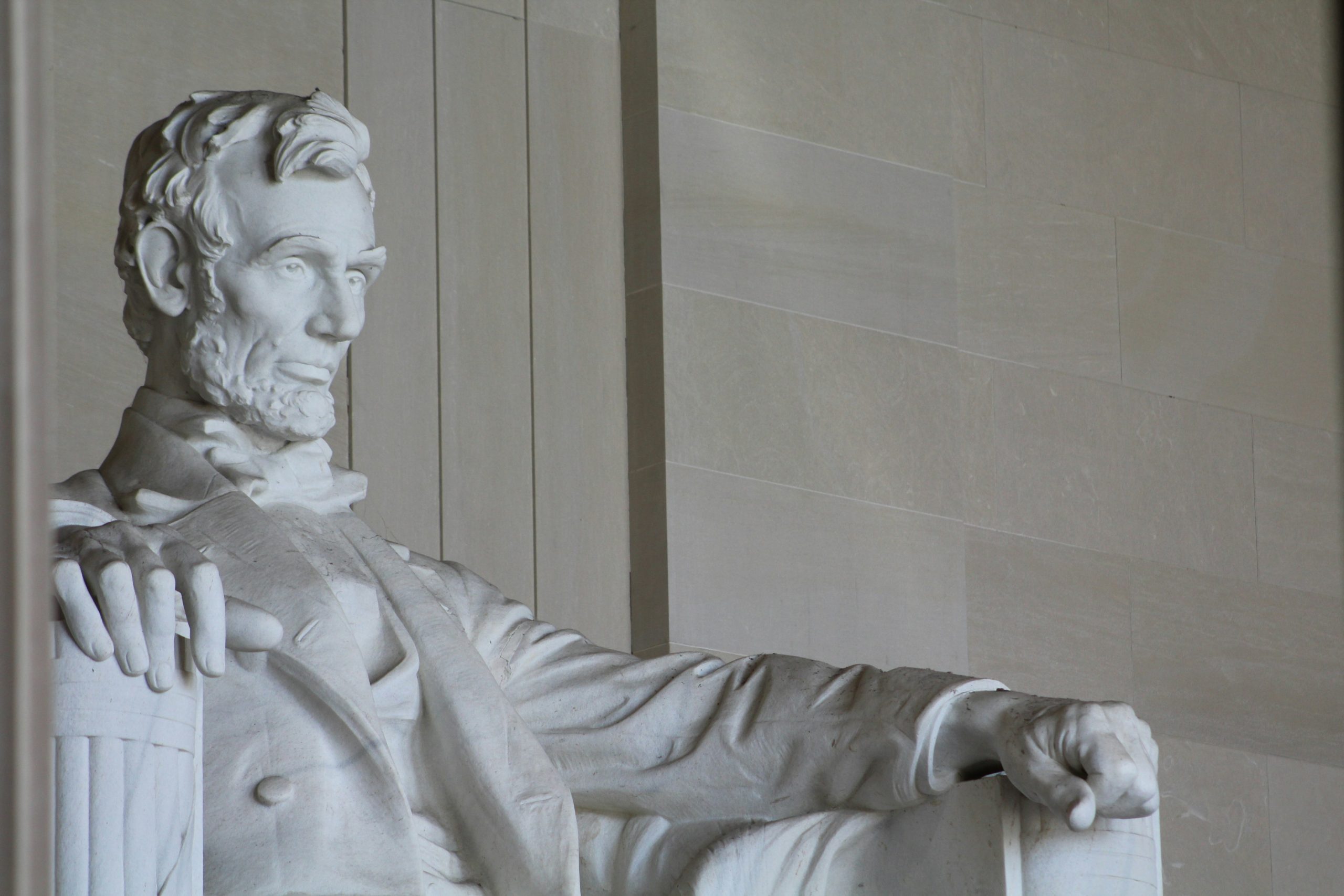There have been three incidents in my adult life when something was taken from me or a family member. At least that I know of.
The first of those happened in St. Louis back in the days when most cars had a radio antenna. My wife and I came out of a shopping center to discover that someone had broken the antenna on our car. They snapped it off and left it on the ground.
I felt violated and angry.
The second incident was when my wife, her mother, and I stepped into a crowded elevator in a parking garage in San Francisco. When we reached the ground floor and stepped out, my mother-in-law saw that her purse had been opened and her wallet was missing. We found it minutes later, sans cash and credit cards. She felt violated and upset.
 The last one was just a few years ago, and it was in our home. Two young men came representing the cable company — we had called them. While one kept our attention in the family room, the second was hooking up the TV in our bedroom. He also hooked himself up to several pieces of jewelry from a closed jewelry box in our closet.
The last one was just a few years ago, and it was in our home. Two young men came representing the cable company — we had called them. While one kept our attention in the family room, the second was hooking up the TV in our bedroom. He also hooked himself up to several pieces of jewelry from a closed jewelry box in our closet.
My wife didn’t discover the theft for a couple of days, but when she did you can imagine how we felt.
Stealing history
The car antenna was easily replaced. The credit cards were cancelled, and the cash was only cash.
The jewelry, though, was worth more to us because of its history than its dollar value. When people sift through a house fire, they are generally looking for memories — reminders of their history.
Emotions in such cases run from anger to acceptance to resolve. Gratefulness for people and things that were spared is also part of it. But none of that happens until you realize the loss.
My mother-in-law was fine riding down the elevator, even during the time someone was picking her purse. My wife and I were fine while we were talking with the thief/tech who was keeping us busy.
And right now you are just fine even though part of your history is being stolen in bits and pieces every day.
Learning history is a great way to do good.
In thinking about what is good and what is evil, very few people would say stealing is good. From the Code of Hammurabi to the Ten Commandments to modern day law, stealing is condemned.
And that, in a simple sentence, is a history lesson.
 What if, though, the stele (see photo) upon which the Code of Hammurabi was written had not been discovered? What if the Old Testament had not been preserved through the centuries? Perhaps our modern laws would have taken another direction regarding stealing.
What if, though, the stele (see photo) upon which the Code of Hammurabi was written had not been discovered? What if the Old Testament had not been preserved through the centuries? Perhaps our modern laws would have taken another direction regarding stealing.
We learn from history, and we often apply the best of what we learn to our own lives.
When my brother and I were boys, our dad told us to learn from the mistakes of others and not make those mistakes ourselves. We can look into history and find many mistakes, and learning from those can help us avoid the same failings.
The philosopher George Santayana famously said, “Those who cannot remember the past are condemned to repeat it.” He seems to assume that the past will be available to us, and at least for now it is. If we would do good, we will preserve it.
Removing, reimagining, and rewriting history
Have you ever seen a TV show in which a good cop goes undercover? Often there is an important element in those undercover operations called a “backstop.”
Basically that is a fake identity, complete with a fake family, a fake education and a fake history. It is like the fake driver’s license I had when I was 18, only way better.
The purpose of all that, of course, is to mislead someone.
That is exactly what is happening in schools, in some businesses, and in parts of America in general. A fake history is being created and taught in order to mislead people.
To be fair, many American citizens could be easily deceived. One “man in the street” recently asked quite a few Americans in Washington D.C. who the first president was, and many didn’t know. Nor did they know who the 16th president was.
There are some well known initiatives today that are unapologetic in their intent to rewrite or reimagine the history of the United States. In many cases reminders of history are being removed, as is the case with statues of everyone from Robert E. Lee to Ulysses S. Grant, who were opposing generals in the Civil War.
Even statues of Washington and Lincoln, perhaps the two most revered presidents in American history, have been taken down.
Remember
Joseph was sold into slavery in Egypt but (with God’s favor) rose to great power. Through his leadership Egypt survived a seven year long famine, as did Joseph’s family. He and his brothers were sons of Jacob, also called Israel, and he saved them by bringing them and their families to Egypt. They became the nation of Israel and they flourished.
Then the Bible says, “Eventually, a new king came to power in Egypt who knew nothing about Joseph or what he had done.” Because that king didn’t know history, he enslaved the people of Israel in Egypt.
There is great value — real treasure — in history. It is there to help us do good and avoid mistakes that were made in the past. We need to read and know both the heroes and villains. We cannot and should not judge any of them by what we know today, but we can and should judge ourselves by the standards they set.
As historian Will Durant said, “Most of us spend too much time on the last twenty-four hours and too little on the last six thousand years.”
Get to know history. There is a lot of good there, and it can help you do good too.

7 Responses
Great article Lewis! You are truly gifted in your writings and paint us a picture every week! Thank you for you!
Much appreciated, Sir!
Again a good one. If you would ever write a bad one, the best ones would be better.
An interesting idea! I’ll have to ponder that over my coffee in the morning.
In the meantime, I’m glad you liked this one. 🙂
How can you do good at so many things and have wisdom as well. Respectfully Hugh i
That is a very kind question, thanks!
Like Randy’s comment above, I’ll have to ponder it over coffee. 🙂
Indeed great article, and yes we should ponder it all over breakfast and coffee.